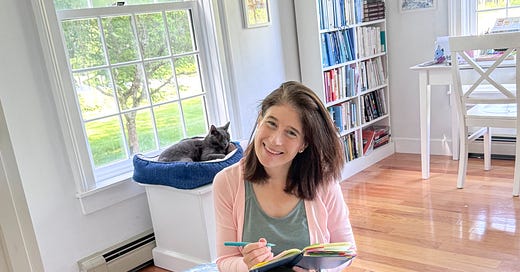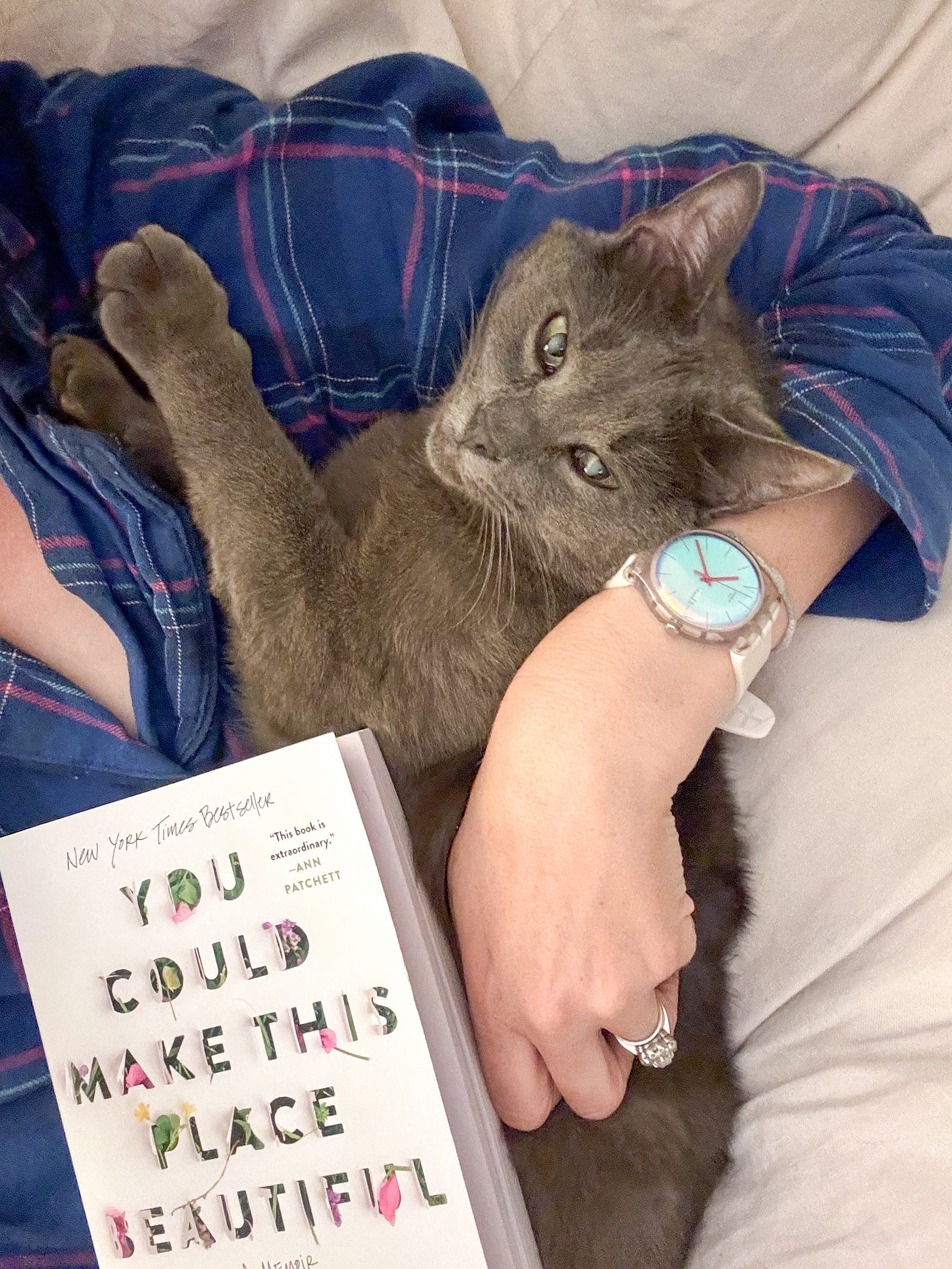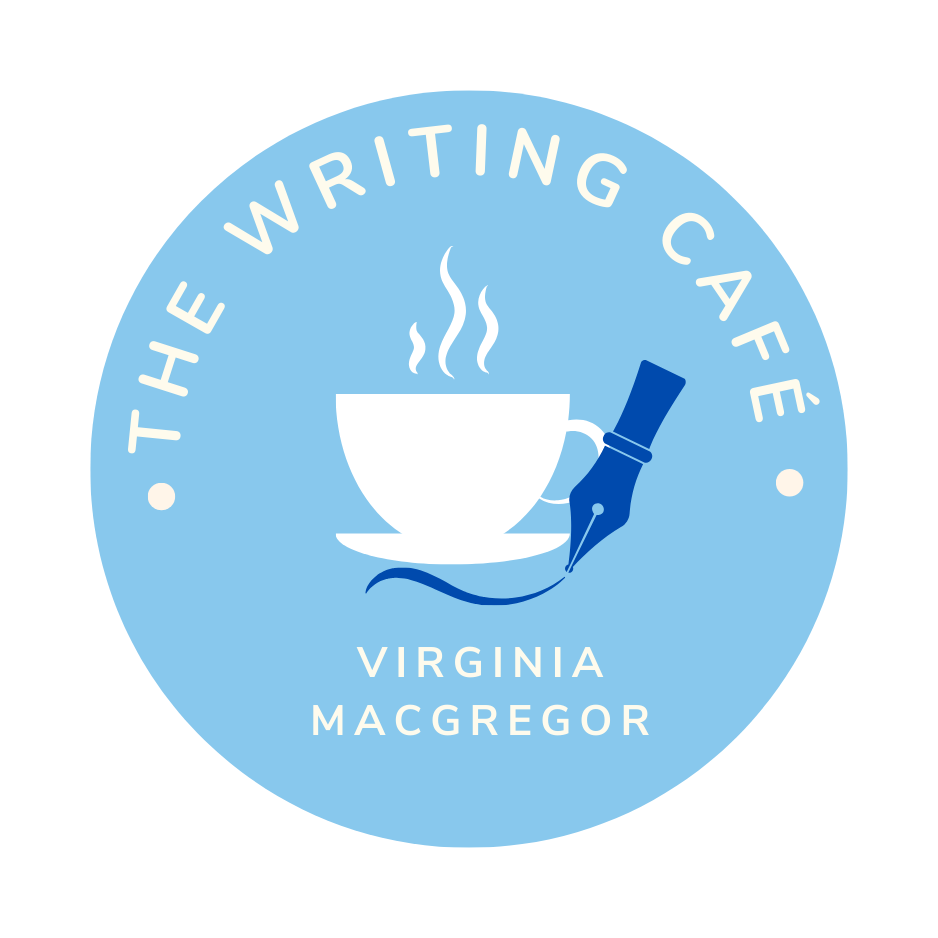At the beginning of a yoga class, my teacher will often ask us to set an intention for our practice. Something we’d like to feel or experience or achieve through the class. Because it’s yoga, which isn’t a striving kind of a practice, the intention is often something like: the desire to feel calmer or stronger or more grounded or to find peace. Perhaps for some, it’s about being able to do that back bend, but I sense that this isn’t quite in the spirit of setting a yogic intention.
I’ve fond that forming an intention at the beginning of a class is a lovely way of giving shape and focus to the hour that follows, something you can check in with, reflect on, come back to at the end as you close your practice. It also adds a sacredness to the practice as you make a kind of pact with yourself, your body, your heart and mind and the energy of the universe.
Last night, I attended a lovely class called ‘Glow and Grow’ at my local studio, a candlelit evening session I try to go to as often as I can as it helps calm me down after the manic nature of weekends with three small children. At the beginning of the class, the teacher, Alyssa, asked us to set just such an intention. As I thought about what I wanted from the practice, it got me thinking about how I could apply setting intentions to my writing life.
Sometimes (often?) we come to the page cold and start pounding out the words, without having taken a second to think about what we actually want from the writing session ahead. I wondered how it would feel if, before sitting down to write a scene, a chapter, a poem, a story, an article, or just to do some writing practice, we took a moment to close our eyes, to breathe and to ask ourselves:
What do I want from this writing session?
Now, I’m not thinking word counts here, though setting those goals have their place. Rather, I’m thinking about setting an intention about the nature of the work you’d like to create or how you’d like to go about it - or what you’d like to feel while you’re you’re writing.
It might be something concrete and practical. For example: “I’d like to create a sense of suspense in this next chapter.” Or, “I’d love this part of the novel to really get under the skin of this character, to help the reader understand them and empathise with them.” Or, “I want to get to an important emotional truth about his story as I write today.” Or it could be more about you and your approach or mood. For example: “I’d like to write with a lightness of touch today.” Or “I’d like to be playful in my approach to this scene.” Or, "I want to really immerse myself intensely in the world of my novel and cast of all distractions.” Or maybe something as simple as, “Today, I want to find some joy in my writing.”
Another benefit to setting a writing intention is that it helps you focus on process rather than product. We have very little control about how successful, in worldly terms, our work will be, how many people it will reach, how will be received. What we do have control over is how we approach it: how we do the work. Setting intentions allows us to refocus our minds to the work at hand, to the writing, which is the heartbeat of what we do.
It’s helpful to say your intention to yourself, to whisper it to your heart, but also, if you’re like me, to write it down in your notebook, perhaps with a date alongside it, so that as you look back over the days, weeks, months (years), you can reflect on the intentions you had as you worked on various writing projects. It can be really fun to look back at a scene and recognise those things you intended playing out on the page. Sometimes, it’s only when you look back later that you really see it. And often, as is the way with the creative universe, our intentions play out in lovely and unexpected ways.
So how about this:
Next time you sit down to write, set a writing intention: something you wish for your work or of yourself and your approach to your work. And then, perhaps at some point during the writing session, check in with your intention and reflect on how it’s manifesting in your heart and your mood and your work - and check in at the end too.
I’d love to know how you experience this, so, if you try setting a writing intention, do come back and drop a comment below.
Writing Prompt
I was looking through an old writing notebook at a time when I completed a writing and meditation course with Nadia Colburn and found a wonderful entry inspired by the poem, Remember, by Joy Harjo. Joy Harjo is an American poet, musician, playwright, and author. She served as the 23rd United States Poet Laureate, the first Native American to hold that honor.
Remember by Joy Harjo
Remember the sky that you were born under,
know each of the star’s stories.
Remember the moon, know who she is.
Remember the sun’s birth at dawn, that is the
strongest point of time. Remember sundown
and the giving away to night.
Remember your birth, how your mother struggled
to give you form and breath. You are evidence of
her life, and her mother’s, and hers.
Remember your father. He is your life, also.
Remember the earth whose skin you are:
red earth, black earth, yellow earth, white earth
brown earth, we are earth.
Remember the plants, trees, animal life who all have their
tribes, their families, their histories, too. Talk to them,
listen to them. They are alive poems.
Remember the wind. Remember her voice. She knows the
origin of this universe.
Remember you are all people and all people
are you.
Remember you are this universe and this
universe is you.
Remember all is in motion, is growing, is you.
Remember language comes from this.
Remember the dance language is, that life is.
Remember.
Prompt: Now write, without stopping or looking back or editing, for at least ten minutes, using the word remember as many times as you can.
Adapting the Prompt
Take a character you’re working from and have them remember a series of important moments in their lives. This might make its way into your final story or it might be a wonderful way for you to get to know your character better.
Recommendations
You Could Make this Place Beautiful by Maggie Smith
I know that just about everyone in the world has read this already but if you’re like me and have only just found it, I’d recommend you rush out to your local indie and get a copy. Maggie Smith (who is here on substack), writes with warmth, humour and truth. Although she goes to the hard, dark places of what it means to live and love in this world, her memoir is nevertheless deeply life affirming.
A Quotation to Chew Over
“I started writing to save my life.”
Jo Harjo
If you enjoyed this newsletter, it would mean the world to me if you could hit the heart button. I know that all this liking business can be tedious, but what hitting that heart does, in practical terms, is make our work more widely visible and available to other writers. So if you could take a second to do that, I’d be super grateful. If you feel like re-stacking or sharing, that would be the icing on the cake!
Virginia Macgregor is the author of five novels for adults and two for young adults. She has an MFA in Creative Writing with a specialisation in the teaching of writing. She lives with her husband, her three children, her four cats and a home full of books and coffee mugs, in New Hampshire.








I’m always grateful, Virginia, for what you offer. Thank you for your gentle presence.